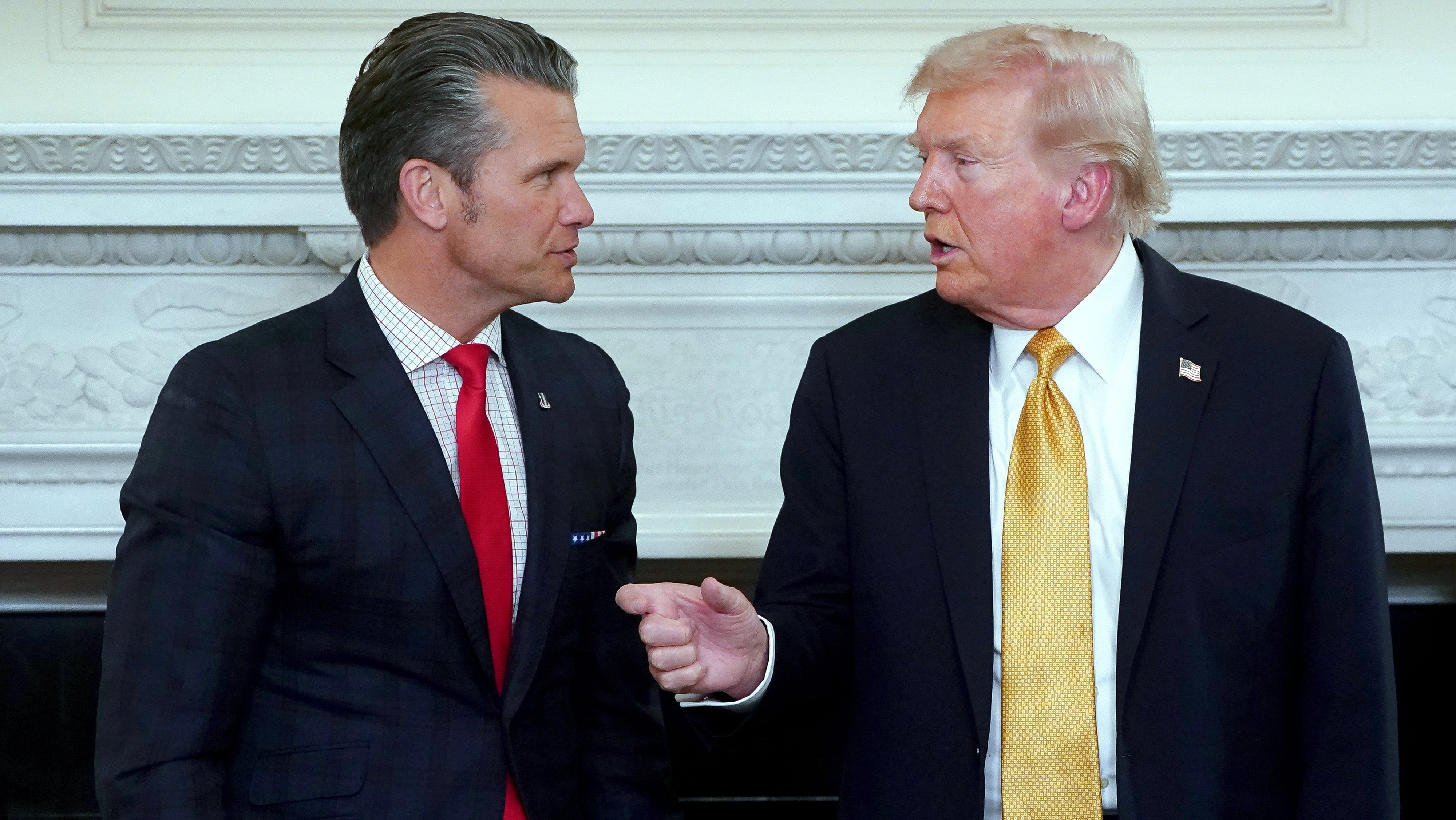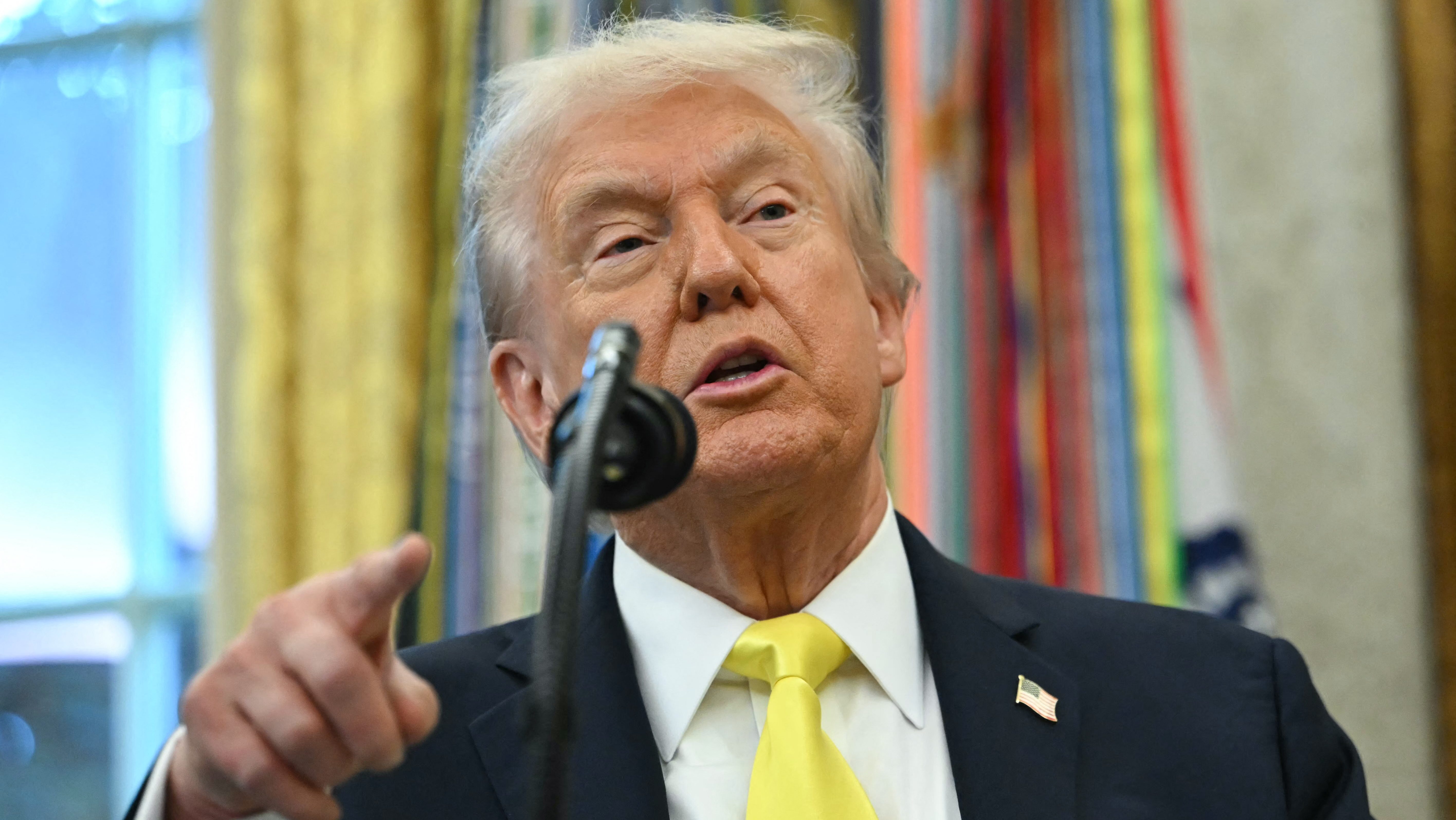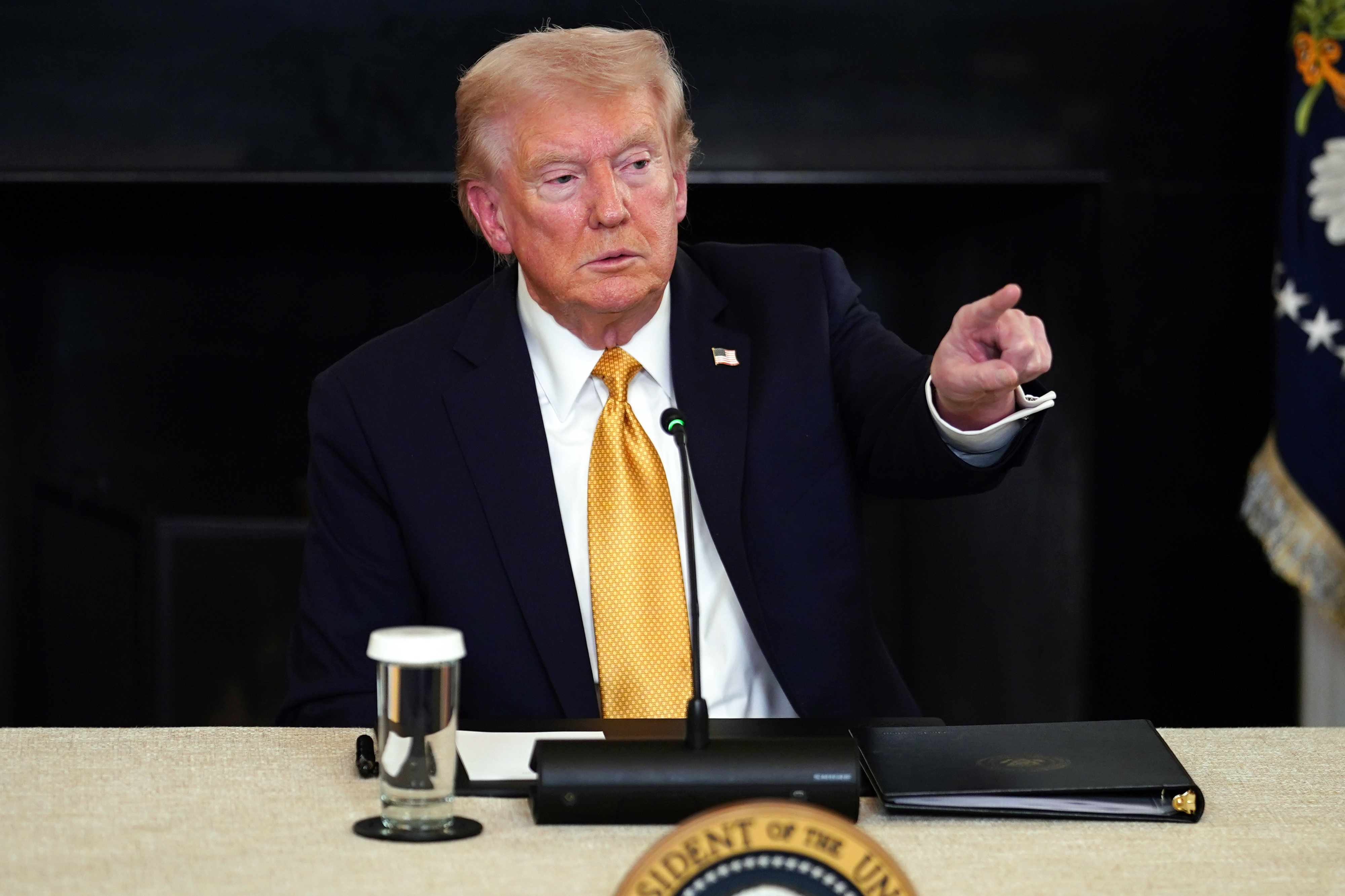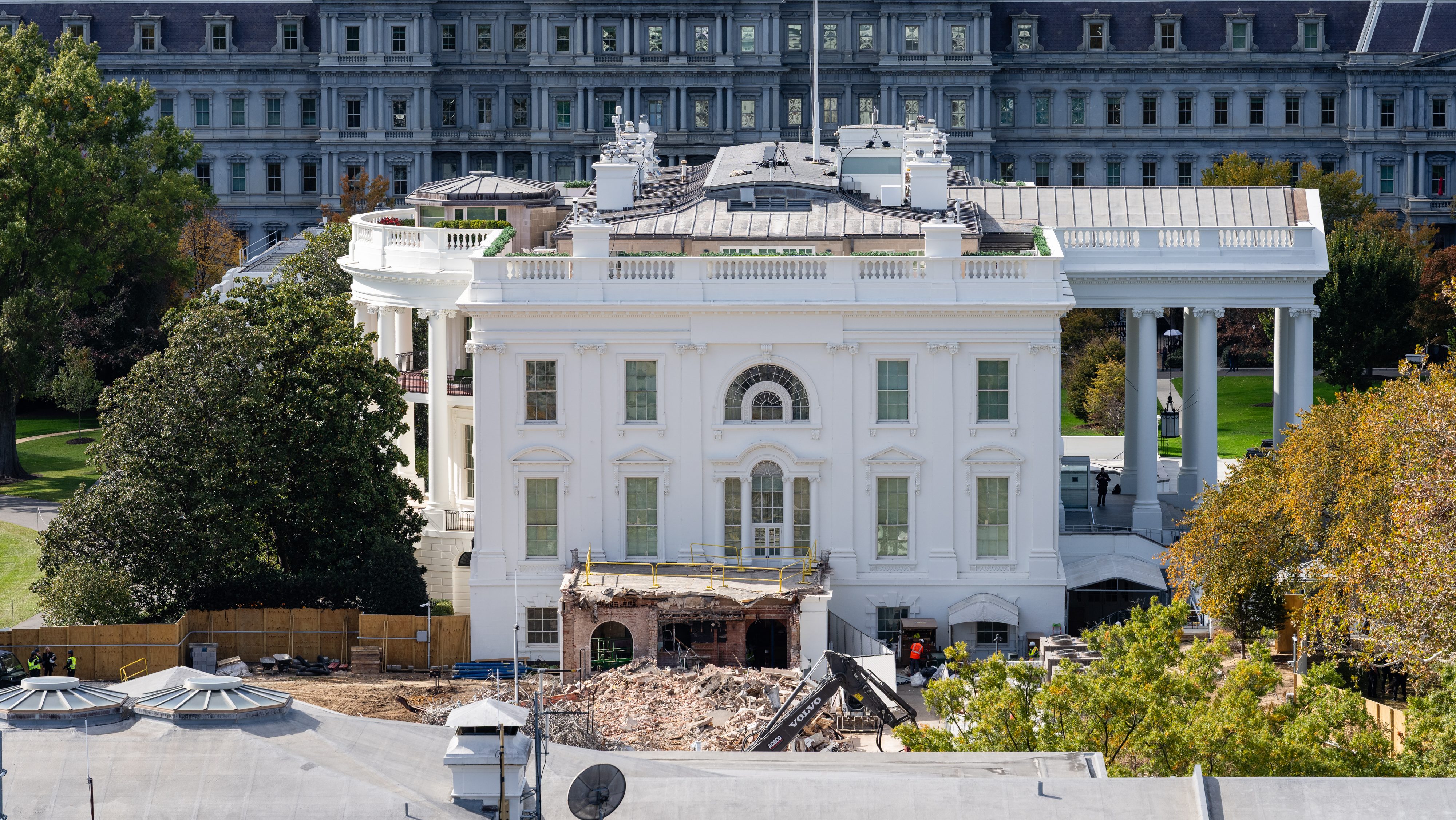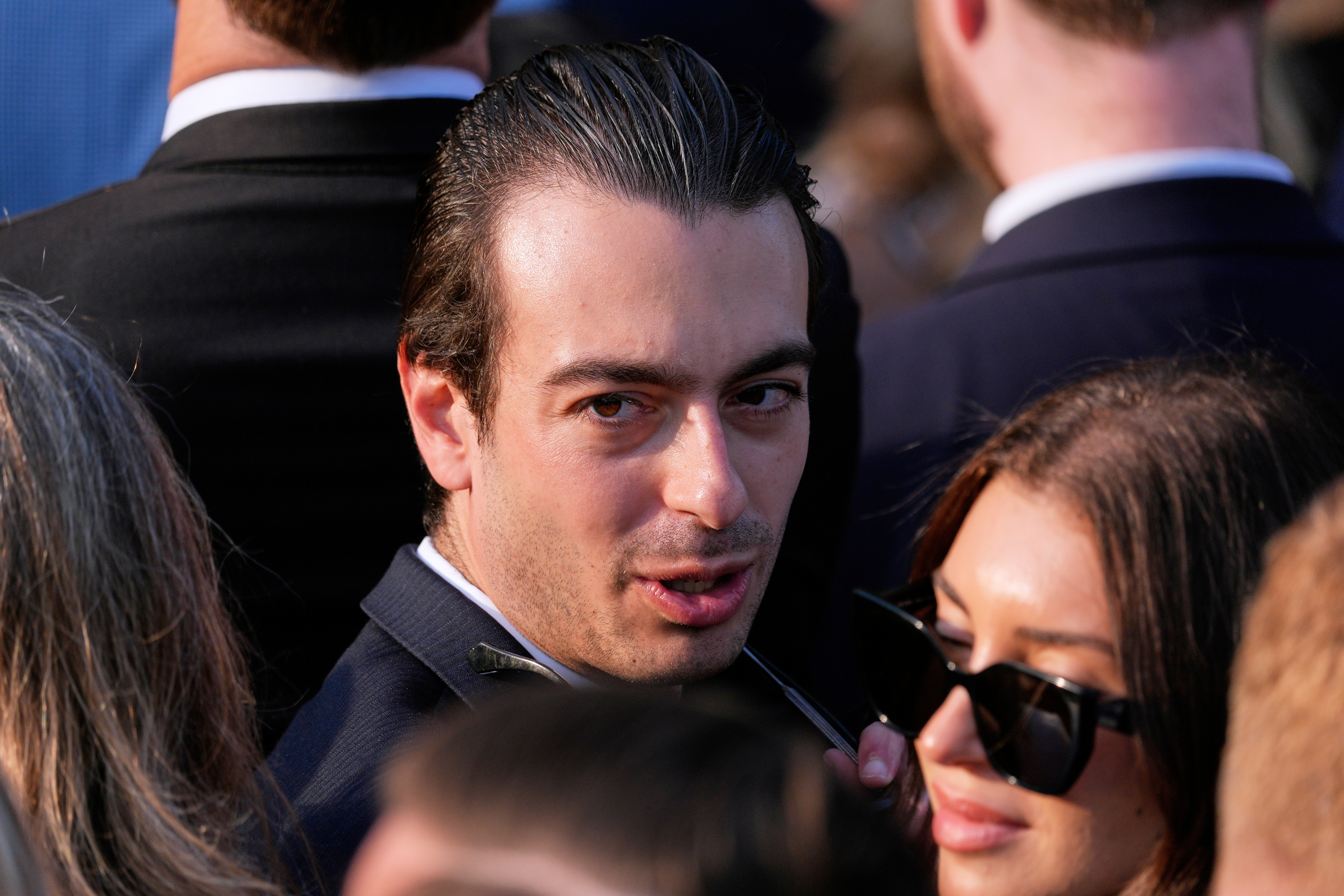U.S. to send aircraft carrier strike group to Caribbean in escalation of boat strikes
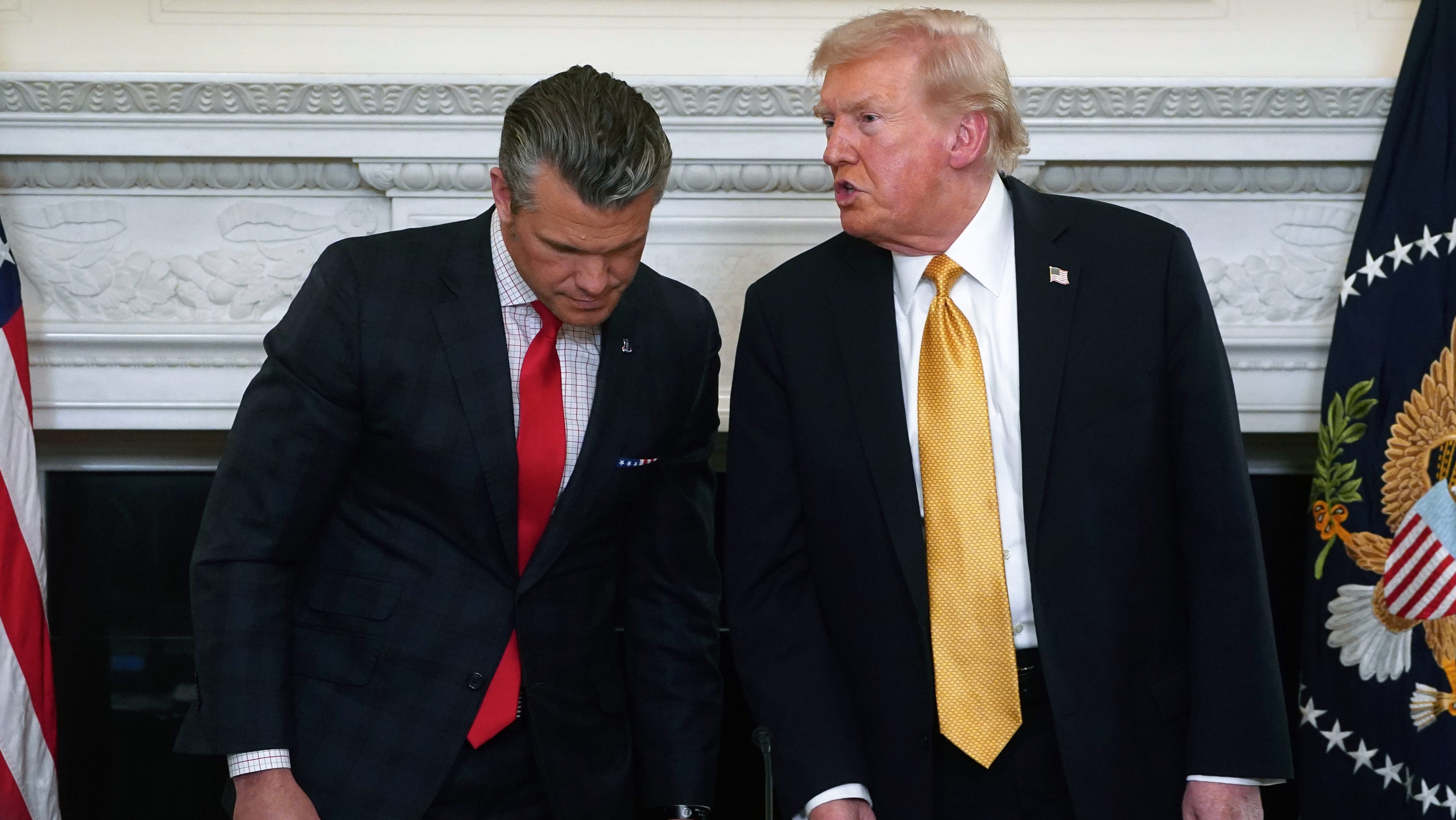
Defense Secretary Pete Hegseth has directed an aircraft carrier strike group to move to the Caribbean to support President Donald Trump‘s effort to dismantle “Transnational Criminal Organizations” and to “counter narco-terrorism,” according to Pentagon spokesman Sean Parnell.
The Gerald R. Ford Carrier Strike Group and embarked carrier air wing are moving to the U.S. Southern Command’s area of responsibility, Parnell said in a post on X.
Parnell said the enhanced military presence will “bolster U.S. capacity to detect, monitor, and disrupt illicit actors and activities that compromise the safety and prosperity of the United States homeland and our security in the Western Hemisphere.”
The Gerald R. Ford is the U.S. Navy’s largest aircraft carrier and is currently stationed in the Mediterranean with three destroyers, according to two U.S. officials. They have not left that region, but once they do, the transit will take about one week to get on station in the Caribbean, the officials said.
The military’s deployment of the carrier strike group is a notable escalation of U.S. policy in the region as Trump has promised to target more cartel members and has firmly said these actions don’t require congressional approval.
It will nearly double the number of U.S. forces afloat in the area as part of the counter-drug mission. The U.S. has eight surface ships there now, plus a nuclear-powered submarine, which adds up to about 6,000 sailors and marines in the region. The Ford Carrier Strike Group will add between 4,500 and 5,000 more sailors and marines to the mission.
The carrier is more than just people, aircraft and firepower — carriers are often sent as a show of presence or force. The officials said this deployment is also about sending a message to cartels that the U.S. military can move a huge presence to the area quickly.
The announcement came after Hegseth said earlier in the day that the U.S. struck a boat allegedly carrying drugs in the Caribbean Sea, marking at least the third time this week that the U.S. has attacked a vessel it says was involved in drug trafficking.
“The vessel was known by our intelligence to be involved in illicit narcotics smuggling, was transiting along a known narco-trafficking route, and carrying narcotics,” Hegseth wrote in a post on X. “Six male narco-terrorists were aboard the vessel during the strike, which was conducted in international waters—and was the first strike at night. All six terrorists were killed and no U.S. forces were harmed in this strike.”
Hegseth said that this vessel belonged to the Tren de Aragua gang, which the Trump administration has named a designated terrorist organization, and was hit in the Caribbean.
Earlier this week, Hegseth said he had launched a lethal strike against vessels allegedly carrying drugs to the U.S. in the eastern Pacific Ocean. In that military action, the defense secretary said, three male “narco-terrorists” were killed.
In his post announcing that strike, he used similar language to Friday’s post, comparing the alleged drug traffickers to the terror group Al Qaeda.
The U.S. has said it has conducted 10 strikes on drug-carrying boats since early September, killing 43 people so far. Eight strikes have been in the Caribbean Sea and two in the eastern Pacific.
The Trump administration’s claims about the strikes have not been independently confirmed.
President Trump has been supportive of the strikes, claiming that every boat that “we knock out” is saving American lives.
“Every boat that we knock out we save 25,000 American lives, so every time you see a boat and you feel badly you say, ‘Wow, that’s rough.’ It is rough, but if you lose three people and save 25,000 people,” Trump said at a press conference at the White House last week.
While fentanyl is responsible for tens of thousands of deaths every year in the United States, it is primarily smuggled in hard-to-detect amounts over the U.S.-Mexico land border through legal ports of entry, according to experts and government reports, including the bipartisan Commission on Combating Synthetic Opioid Trafficking.
During a roundtable event with Cabinet secretaries at the White House on Thursday, Trump and Hegseth each touted the success of the recent strikes, with Hegseth promising more.
“We will find you, we will map your networks, we will hunt you down, and we will kill you,” Hegseth said at the event. “And you’ve seen that evidence in the maritime domain, whether it’s in the Caribbean or in the Pacific with the last two strikes. We know exactly who these people are. We know what networks they work with, what foreign terrorist organizations they’re a part of; we know where they’re going, where they originated from, what they’re carrying.”
The president also spoke about the strikes on vessels, explaining why his administration isn’t just capturing the alleged drug traffickers on board and seizing the product they’re carrying.
“But we’ve been capturing these boats for years, and they get back into the system, they do it again and again and again, and they don’t fear that, they have no fear,” he told reporters.
Asked whether Trump would go to Congress to ask for a declaration of war to authorize the ongoing strikes against boats, the president declined to do so.
“Well, I don’t think we’re going to necessarily ask for a declaration of war,” he said. “I think we’re just gonna kill people that are bringing drugs into our country.”
“We’re going to kill them,” Trump added. “They’re going to be, like, dead.”
Lawmakers from both parties have said the administration has failed to provide sufficient information about the strikes and the strategy and intelligence underlying the attacks, six sources told NBC News earlier this month.
Cracking down on drug smuggling and reducing deaths from fentanyl overdoses was a key campaign promise for Trump last year.
He also promised to carry out mass deportations, beginning with what he deemed “the worst of the worst” migrants in the U.S. illegally.
Earlier this month, his administration also claimed to be in an “armed conflict” with drug cartels, which he has repeatedly claimed are responsible for thousands of deaths in the U.S. every year.
Mosheh Gains contributed.
